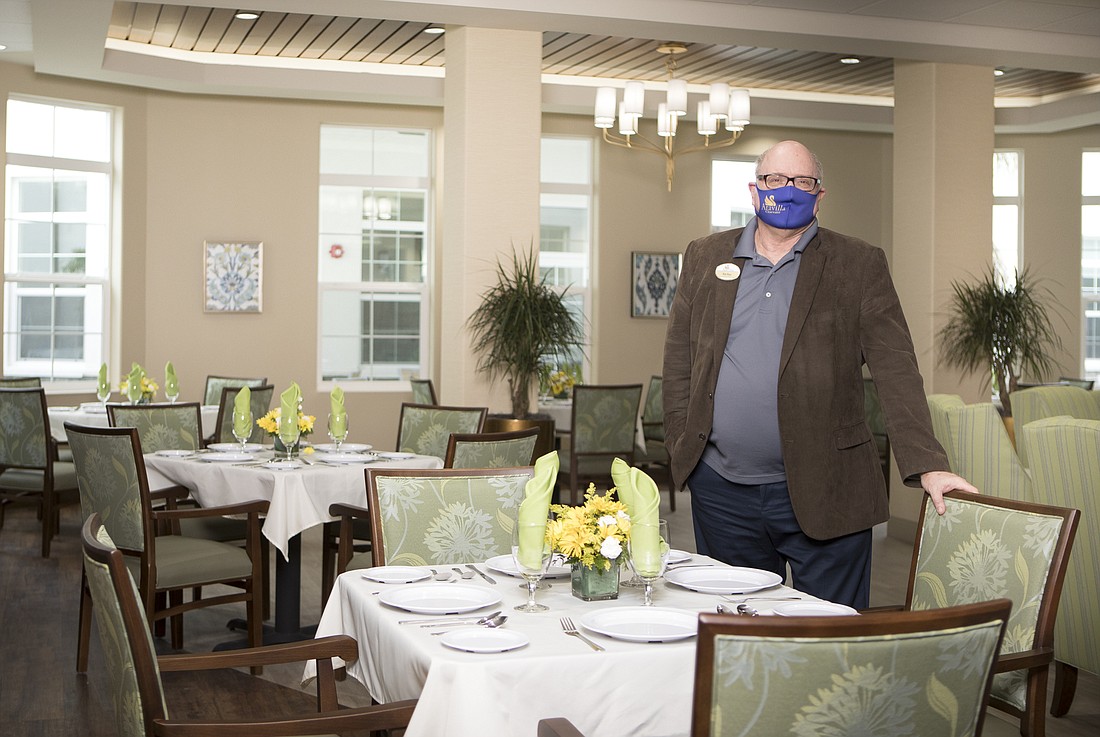- December 15, 2025
-
-
Loading

Loading

The sense of despair — in addition to dirt and grime — at a south Sarasota County assisted living facility overwhelmed real estate executive Manuel Borrajo when he toured the facility about four years ago.
Borrajo, with Coral Gables-based RAM Capital Management, was at the facility, Gulf Winds in Venice, with some colleagues. The conditions were so dire that staff couldn’t even cook in the kitchen, Borrajo recalls. They instead cooked outside on portable grills. “It was an incredibly dilapidated building,” Borrajo says. “To this day we can’t believe all the things the health department allowed to go on there.”